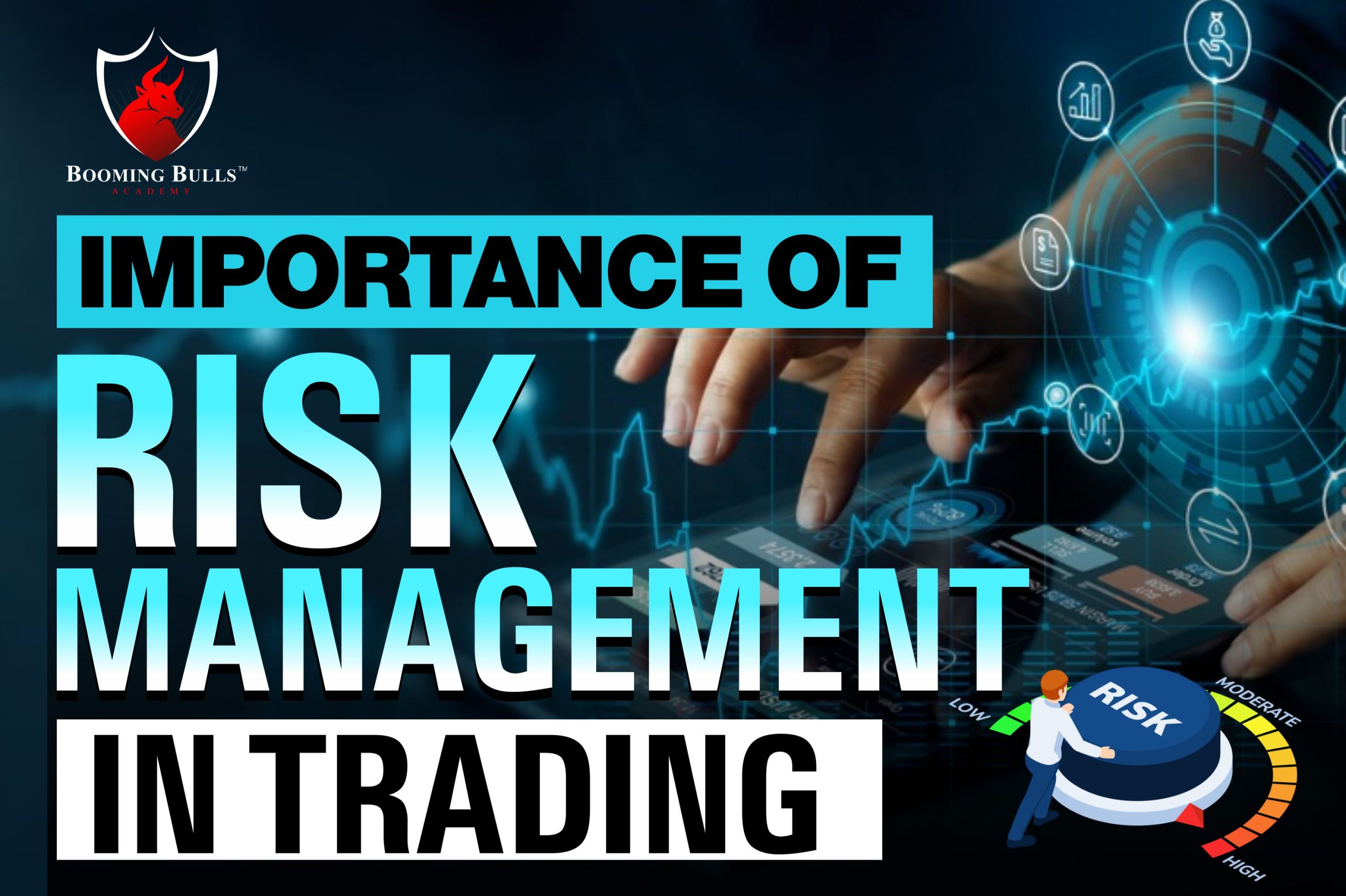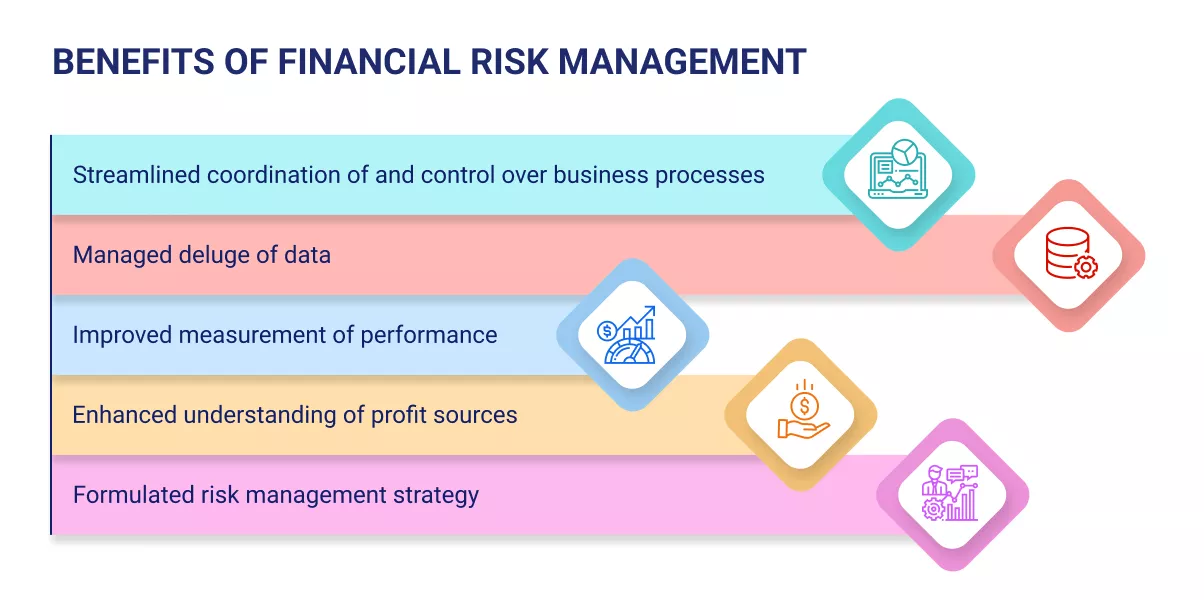Why the Importance of Risk Management Cannot Be Neglected in Today’s Economy
Why the Importance of Risk Management Cannot Be Neglected in Today’s Economy
Blog Article
The Importance of Understanding the Relevance of Risk Management in Numerous Industries

The Core Principle of Risk Management and Its Objective
Risk Management, the cornerstone of many industries, depends upon the identification, analysis, and mitigation of unpredictabilities in a service setting. It is an integral technique that permits organizations to guard their assets, online reputation, and general survival. By properly determining possible dangers, organizations can establish approaches to either prevent these dangers from happening or decrease their effect. The analysis process includes analyzing the possibility and possible seriousness of these threats. Once threats have been determined and examined, the reduction procedure entails designing strategies to lower their potential impact. This process is continuous and cyclical, making sure that businesses are prepared for the ever-changing nature of Risk in different markets. The main objective, therefore, is to cultivate resilience amidst unpredictabilities.
Benefits of Executing Risk Management in Business Operations

Revealing the Role of Risk Management in Different Industries
While every industry confronts its unique collection of threats, the application of Risk Management strategies continues to be an usual denominator in their quest of sustainability and development. In the medical care field, Risk Management entails guaranteeing client safety and security and data defense, while in money, it includes mitigating investment risks and making certain governing compliance. Ultimately, the duty of Risk Management throughout industries is to recognize, examine, and mitigate threats.
Real-life Study Demonstrating Successful Risk Management
To recognize the value of Risk Management in these several fields, company website one can look to numerous real-life instances that show the effective application of these procedures. As an example, in the energy industry, British Petroleum created Risk reduction prepares post the 2010 Gulf of Mexico oil spill. They carried out resource far better safety treatments and more stringent regulations which substantially minimized further crashes. In financing, Goldman Sachs efficiently browsed the 2008 monetary dilemma by determining potential mortgage-backed safety and securities risks early. Toyota, publish the 2011 quake in Japan, changed its supply chain Management to minimize disruption dangers. These cases demonstrate how markets, gaining from dilemmas, efficiently used Risk Management methods to reduce future risks.
Future Patterns and Growths in Risk Management Techniques
As the globe continues to evolve, so as well do the trends and growths in Risk Management approaches. Quick developments in technology and data analytics are improving the Risk landscape. Huge data and AI are currently crucial in forecasting and mitigating threats. Organizations are leveraging these devices to develop predictive versions and make data-driven choices. Cybersecurity, when a peripheral problem, has catapulted to the forefront of Risk Management, with approaches concentrating on avoidance, reaction, and detection. The combination of ESG (Environmental, Social, Administration) elements into Risk Management is an additional growing pattern, mirroring the increasing acknowledgment of the role that social and environmental dangers play in company sustainability. Thus, the future of Risk Management hinges on the fusion of innovative modern technology, ingenious techniques, and a holistic approach.
Final thought
In conclusion, recognizing the value of Risk Management throughout a range of markets is critical for their long life and success. Eventually, successful Risk Management adds to much more resilient and sustainable businesses, highlighting the importance of this method in today's extremely competitive and dynamic business environment.
While every market challenges its special set of dangers, the execution of Risk Management strategies stays a common in their search of sustainability and growth. In the healthcare industry, Risk Management entails making certain client security and data defense, while in finance, it includes mitigating financial investment threats and making sure governing compliance. Inevitably, the duty of Risk Management throughout markets is to determine, assess, and reduce risks. These instances demonstrate how sectors, finding out from situations, effectively applied Risk Management methods to decrease future click to investigate dangers.

Report this page